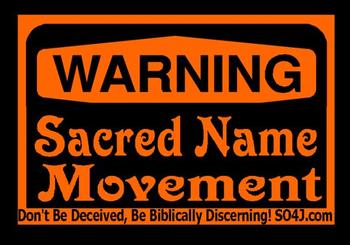Grant Swart
We live in a generation which is certainly under God’s judgement, if you care to pause for a few moments and ponder the general state of the society in which we now live, I’m sure that much will become quite evident. Of course, those who are of the world, who are happy to be embroiled in pursuing wealth, health and prosperity and all kinds of ways to proving their own self-righteousness and personal value before God, will not recognize the fact that they are under that very same judgement.
Never before have materialism, humanism, pride and self-worth been so prominently at the forefront of man’s thinking and priorities. Almost every marketing strategy, campaign and advert appeals directly to the will, over-inflated importance and vain pride of man. No other singular concepts have ever been as sharply focused on, as human rights, vanity and the deceitful ideology of human democracy are, in our generation.
This same critique must be leveled at the marketing done by many “churches”, the bulk of which are at great pains to take their particular brand of will-worship or church tradition to the lost multitudes of the world. The grossly erroneous interpretation of true church growth, cleverly disguised as “spiritual revival”, is one which interprets that the greater the number of misguided people who respond to these highly effective sales ploys is, the greater the tacit approval of God must be for their brand of faith or for their particular efforts. It is God who adds to His church, not pastors, synods, committees, councils, conferences or the efforts of individuals or congregations. Continue reading















